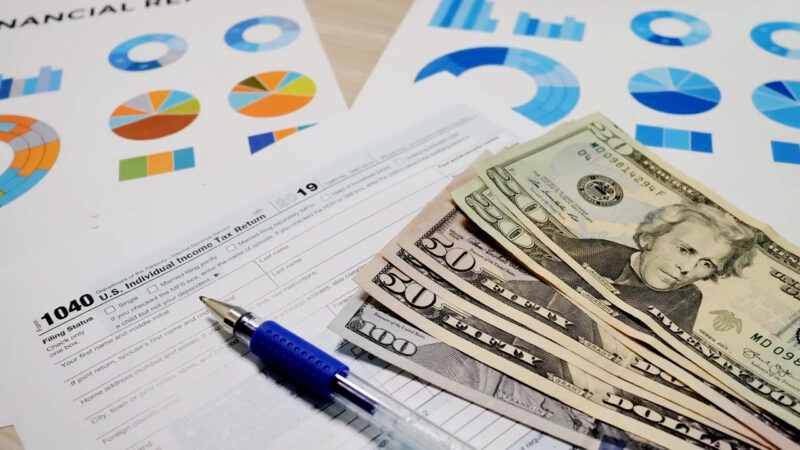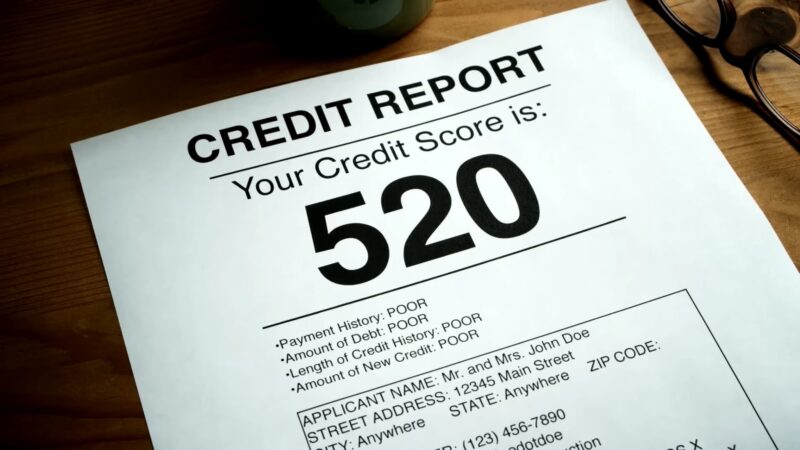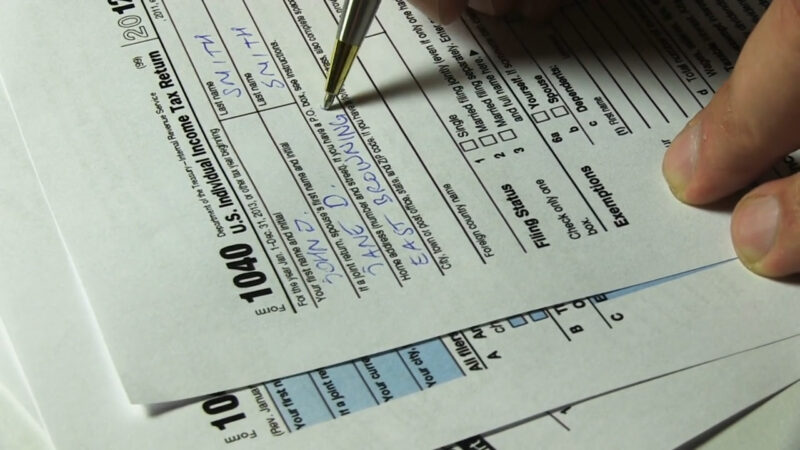Imagine you own a beautiful house, a place you call your sanctuary. Now, imagine losing it, not to a natural disaster or to a sale, but to something as mundane as unpaid property taxes. This scenario isn’t just a hypothetical; it’s a harsh reality for some.
In this article, we’ll explore what happens when property taxes go unpaid, and why this seemingly small oversight can lead to significant consequences.
Key Takeaways
- Missing a property tax payment leads to late fees and interest, significantly increasing the debt over time.
- If property taxes remain unpaid, the government can place a tax lien on the property, giving them a legal claim as collateral for the debt.
- Unpaid property taxes and tax liens can negatively affect the owner’s credit score, complicating future loan and refinancing opportunities.
- The government can escalate to tax sales for unpaid taxes, including tax lien sales, where the lien is sold to an investor, and tax deed sales, where the property itself is sold.
The Consequences of Non-Payment
1. Immediate Penalties

When you miss a property tax payment, the clock starts ticking. Immediate consequences include late fees and interest, which can add a significant amount to your debt. The longer the delay in payment, the more these additional charges accumulate, often at a rate higher than typical consumer debts.
This can quickly turn a manageable bill into a financial burden. Additionally, some jurisdictions may impose administrative costs, further increasing the debt.
2. Tax Liens

If the debt remains unpaid, the government may place a tax lien on your property. This means they have a legal claim to your property as collateral for the unpaid taxes. A tax lien doesn’t necessarily mean immediate loss of property, but it does signify a serious legal claim against it.
It also hinders your ability to sell or mortgage the property since buyers and lenders usually avoid properties encumbered with liens. Moreover, a tax lien is publicly recorded, which alerts creditors about your financial situation, potentially affecting future credit transactions.
3. Impact on Credit Score

Unpaid taxes and liens can negatively impact your credit score, making it harder for you to get loans or refinance your property. A lowered credit score reflects a higher risk to lenders, which can lead to higher interest rates on loans or even outright denial of credit.
This impact on your credit score can extend beyond property matters, affecting your ability to secure personal loans, car loans, or even impacting rental agreements. In some cases, it can also affect job prospects, as certain employers check credit scores as part of the hiring process.
The Escalation: Tax Sales
If taxes remain unpaid, the government can escalate matters by putting your property up for a tax sale. There are two types: tax lien sales and tax deed sales. This process is a legal means for the government to recover owed tax debts.
It’s important to understand that tax sales are usually a last resort, often occurring after multiple notifications and opportunities to pay outstanding taxes. These sales are also public, meaning your property’s financial situation becomes a matter of public record.
Tax Lien Sales
In a tax lien sale, the lien on your property is sold to an investor. You still own the property, but now you owe the investor, not the government. The investor pays the tax debt to the government and then assumes the right to collect the debt from you, often with interest.
This transaction doesn’t absolve you from your debt; instead, it transfers the debt to a potentially more aggressive collector. Additionally, if you fail to settle the debt with the investor, they might have the right to foreclose on the property.
Tax Deed Sales
In a tax deed sale, the government sells the property itself to recoup the unpaid taxes. The original owner loses ownership completely. These sales often occur at public auctions, and the property may sell for less than its market value. It’s a harsh outcome, stripping the owner of their property rights entirely.
After the sale, former owners typically have no right to reclaim the property, making it a permanent loss. Furthermore, the proceeds from the sale first cover the unpaid taxes and associated costs; any remaining funds may be given to the former owner, but this is not guaranteed.
How to Protect Your Property?
Stay Informed
The first step in avoiding these consequences is to stay informed about your property tax obligations. This means not only knowing when your taxes are due but also understanding how they are calculated and what factors might affect your tax bill.
Changes in property value, alterations to your property, or shifts in local tax rates can all impact your tax obligations. It’s also wise to regularly check for any notifications from your local tax authority, as they may provide updates or important information regarding your taxes.
Setting reminders for payment deadlines can prevent accidental lapses and save you from incurring late fees.
Seek Assistance

If you’re struggling to pay, seek assistance. Many governments offer programs to help, especially for seniors, veterans, or those with financial hardships. These programs may include deferred payment options, reduced tax rates, or even direct financial assistance.
It’s crucial to reach out to your local tax office as soon as you realize you might have trouble paying your taxes. They can guide you to the appropriate resources or programs.
Additionally, consulting with a tax professional or a financial advisor can provide personalized strategies to manage your tax liabilities.
FAQs
Can I negotiate my property tax amount with the tax authority?
Generally, you cannot negotiate the amount you owe. However, you can appeal your property’s assessed value if you believe it is inaccurate, which could potentially lower your tax bill.
Are there any property tax exemptions available?
Yes, many jurisdictions offer property tax exemptions for certain groups like seniors, veterans, and disabled individuals, or for specific property uses like agriculture. Check with your local tax authority for available exemptions.
How is property tax calculated?
Property tax is typically calculated based on the assessed value of your property and the local tax rate. The assessed value is determined by a public tax assessor and the tax rate is set by local governments.
What happens if I only pay part of my property tax bill?
Paying only part of your bill can still lead to penalties and interest on the unpaid portion. Some tax authorities may offer payment plans, but it’s important to communicate with them proactively.
Can renting out my property affect my property taxes?
Yes, rental properties might be assessed at a different rate and could be ineligible for certain tax exemptions available for owner-occupied homes.
Is it possible for the government to increase property taxes without notice?
Governments typically cannot increase property taxes without notice. Most jurisdictions require a public notice or a public hearing before changing tax rates, giving property owners the opportunity to voice their opinions.
Conclusion
Property taxes might seem like just another bill to pay, but their importance can’t be overstated. Not only do they fund vital community services, but failure to pay them can lead to dire consequences.
By understanding the importance of these taxes and the repercussions of non-payment, property owners can take steps to protect their investments and their homes.
